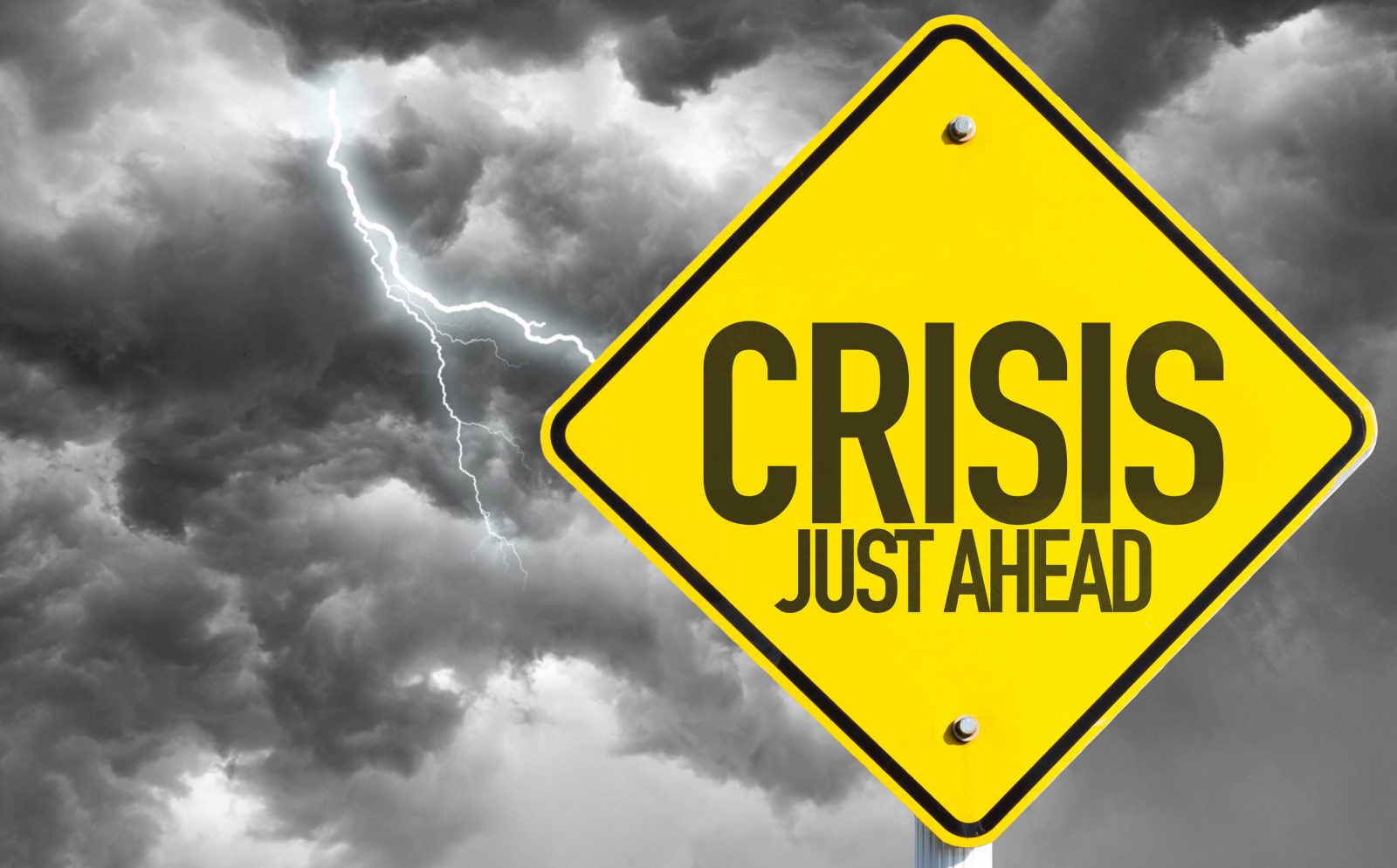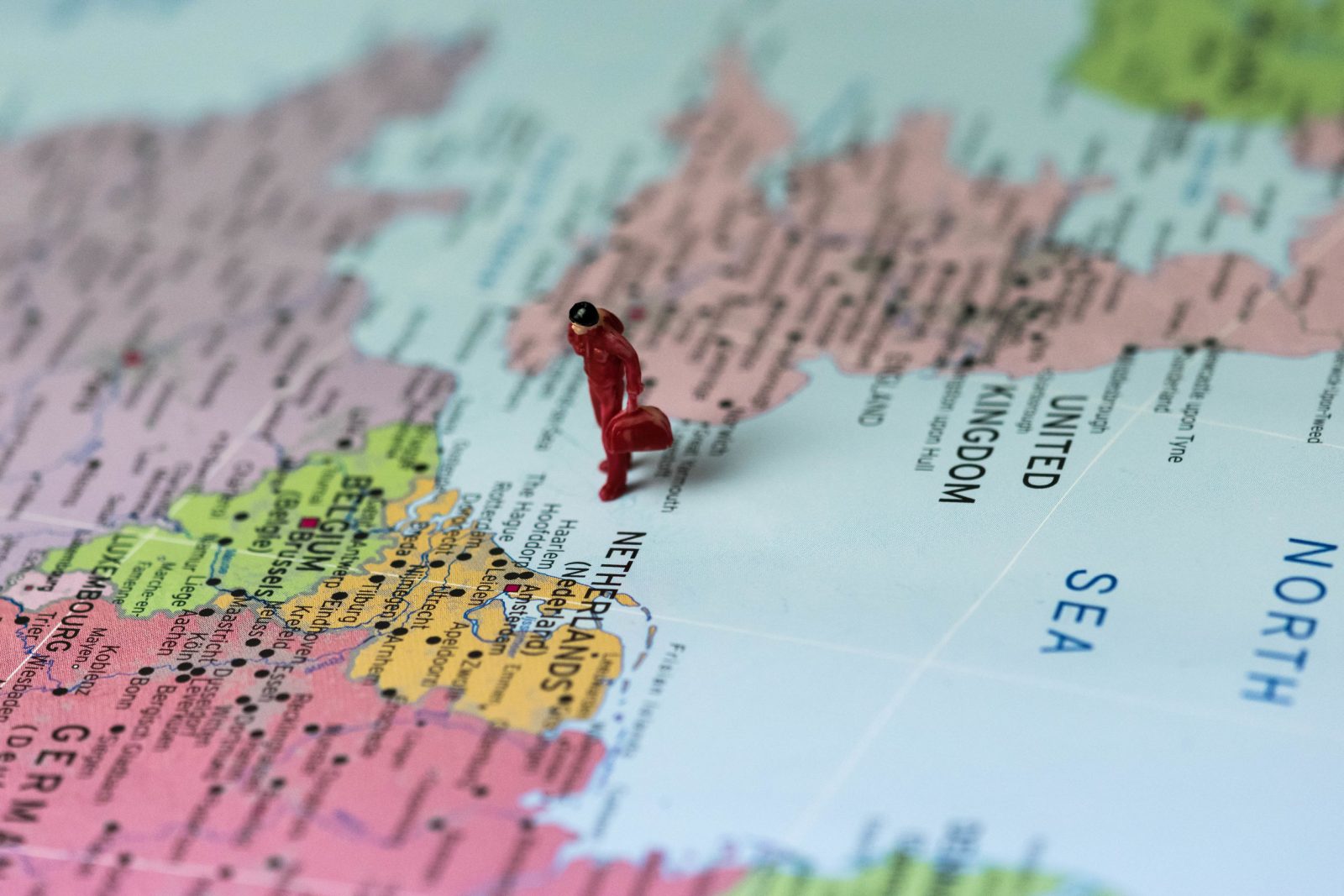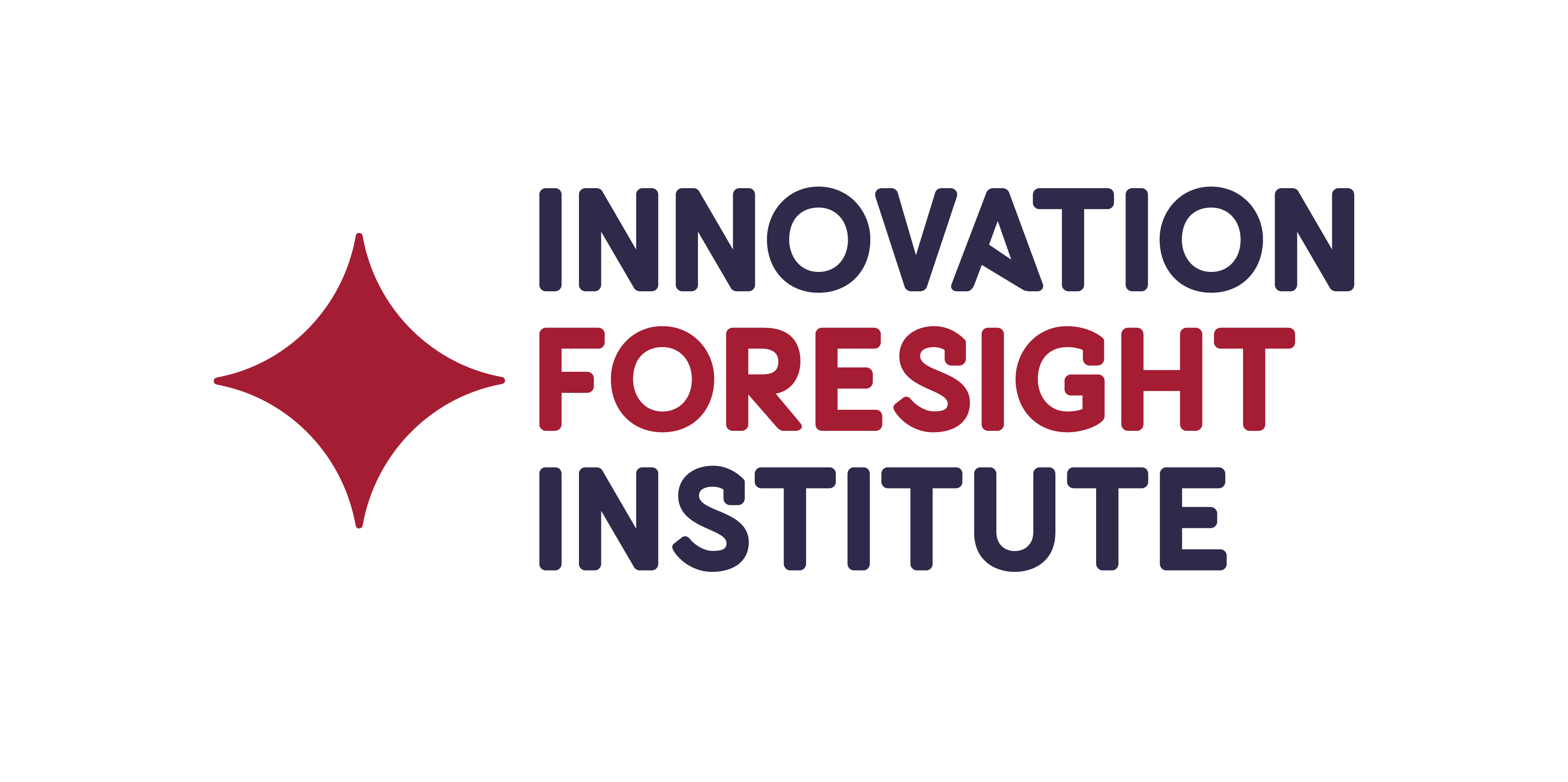
After all this time, we have been through a several global crises, whether it be financial crises such as Asian Financial Crisis (1997) and the Subprime Mortgage Crisis (2008), public health crises like the epidemic of SARS, Swine Flu, MERS or Ebola, or natural disasters like Japan's Tsunami and Nuclear Disaster (2011). However, all of this crises in the past occurred in a limited area and affected only some group of people. But this time COVID-19 crisis has a huge and severe impact around the global. Although, the number of deaths may not seem dire compared to Swine Flu, the quick and easy outbreaks have caused anxiety and impacts on economy, society, and environment to all over the world. And these will cause structural and behavioral "change" to watch.
1.The Geopolitics of China will be more pronounced.

Recently, the economic conflicts between the United States and China have become more severe due to the global value chain (GVC) competition. When the COVID-19 crisis occurred, China was the first country affected. When China's manufacturing sector was frozen, it had a big impact on the global value chain in all of the regions around the world whether it be upstream, midstream, downstream manufacturers or consumers. However, China recovered from this crisis rapidly with a strict and effective strategies to fight against the spread of the virus. In addition, China has a huge economy to easily stimulate the economic and the domestic consumption with no need to rely on international economy. While China is rapidly recovering, many countries are fighting with the epidemic. It is an opportunity for China to accelerate their business and economy, while other economic regions such as the European Union and the United States are still traumatized.
2.The concept of globalization is being questioned.
Globalization is a concept that drives the growth in today's economy. It results in investing through the global value chain (GVC). Suddenly, the COVID-19 epidemic caused a world-wide economic crisis. Many countries began to question about the ability to be self-reliant, especially, when the country needed to be closed. In addition, globalization causes population movement which is a factor of rapidly spreading virus that is difficult to control. Therefore, the closing of borders was a measure that many countries chose to control the spread which created side-effects on the economy and the manufacturing. For this reason, Nationalism is an alternative policy that will be discussed more in order to be self-reliant.
3.Digital Familiarity

Although, the digital society is inevitable, we cannot deny that the access of digital technology is limited to only a certain groups and a certain age ranges. This is because digital technology sometimes requires adaptation and the attempt to learn. If it is not necessary, most users do not have an inspiration to adapt to the technology. When COVID-19 caused people to do Social Distancing, we needed to open to digital technology. It helped us to connect with the outside world, for example, using video conference system, applying digital money, watching movies online, and using e-commerce. The use of various digital platforms will help consumers become more familiar and more open to digital technology. And this will lead to behavioral changes that allow us to step into a digital society faster than we expected.
4.The direction of industry and self-reliance

In many countries, the proportion of dependence on the service industry compared to the manufacturing industry is continuously growing. For Thailand, the tourism and service industry is a huge industry that generates income and employment. The COVID-19 crisis has caused many countries to lock-down and people began to do Social Distancing. This off-grid living affected the service industry such as travel, tourism, wholesale, retail, entertainment, restaurants and shops. The less-affected industries are digital platform services, high value services, and the manufacturing industry. It reflected the problem of self-reliance that is related to the country's industrial direction.
5.Startup business is not as easy as before.

Startup business arises from new business opportunities that satisfy the needs of consumers that have not yet been responded. And it requires the investment of investors to grow rapidly. The COVID-19 crisis has caused the global economic downturn. Most consumers turned to focus on fundamentals rather than new needs. Investors might delay their investments because they have to save money to revitalize the business. While this crisis might affect the growth of the most startup business, on the other hand, it might be an opportunity for digital startups and deep-tech startups to come and solve these urgent problems or respond to the changes in consumer behavior.
6.Economic recovery requires government and large businesses.

The impact of Social Distancing and the closing of borders directly has affected the service workers, and SMEs. The impact will be even more severe if it lasts for a long time. Those who could survive will be large businesses with high reserve funds, or a variety of businesses to support. Also, manufactural sector would be ready to return quickly when the crisis is over. Therefore, the government and large businesses will play an important role in the economic recovery. The government must ensure that there will not be monopoly or inequality in competition, and must work closely with large businesses to stimulate the employment and the consumption in order to revitalize economic activities

